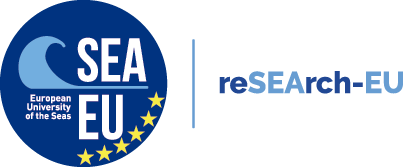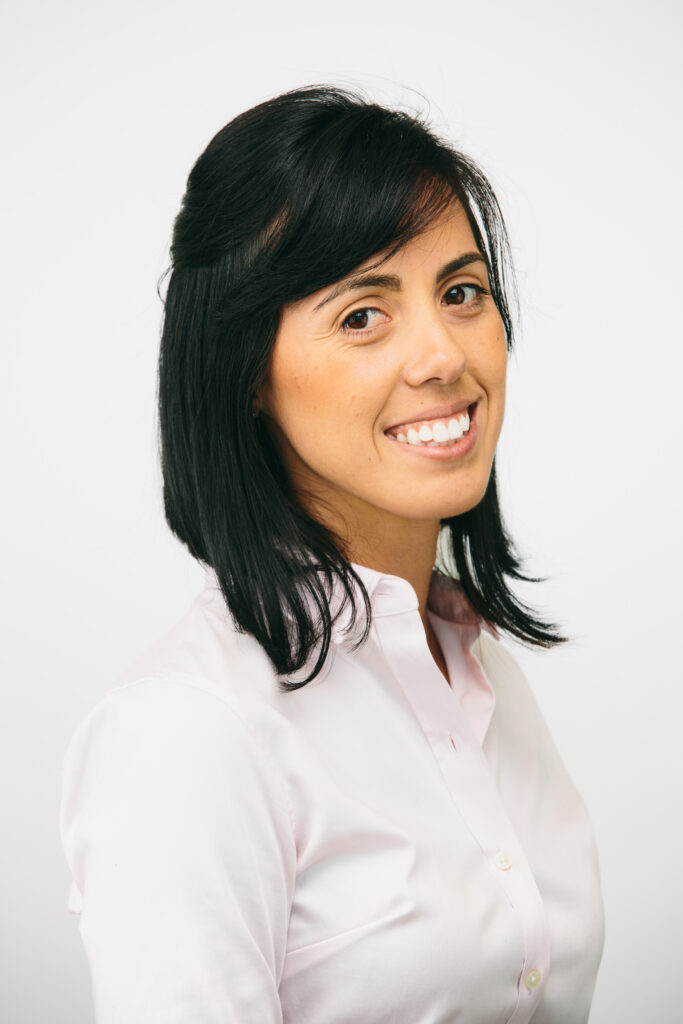Title:
Exploring the close connection between metabolism and immunity: in the search for immunometabolism disrupting chemicals threatening marine life
Abstract
While pollution was already recognized as the major environmental cause of premature death in humans worldwide (The Lancet Commission on pollution and health, 2018), the effects of pollutants on marine life are vastly unknown. One of the biggest challenges is the great diversity of anthropogenic chemicals that enter marine environments, for most of which their safety is not properly checked. A particular concern is for chemicals that can have effects at very low doses disturbing the normal physiological state of the organisms. As an example, endocrine disrupting chemicals (EDCs) can mimic body hormones causing a wide array of health issues, including effects on growth, fertility, and reproduction. EDCs have been vastly studied in the context of human and aquatic organisms’ exposures; however, I propose a novel category of chemicals of concern which are immunometabolism disrupting chemicals (IDCs). ‘Immunometabolism’, a novel field in modern science, has established the interrelationships between the historically distinct disciplines of immunology and metabolism. Immunometabolic disruption can lead to several health issues including chronic inflammatory disorders and susceptibility to microbes. Using the worldwide distributed oyster Crassostrea gigas as a model organism, one of my main goals as a researcher is to identify marine pollutants that can act as IDCs. As an EU MSCA-COFUND Bienvenüe Postdoctoral Fellow, I am in charge of the MaRImmE project which aims at applying my newly developed oyster cell model for high-throughput hazard prediction and immunometabolic disruption discovery of synthetic and natural antifouling (AF) compounds. AF chemicals are added to paints applied to boat hulls and many undersea constructions to prevent undesirable colonization by fouling organisms and are frequently found in concentrations exceeding quality guidelines in the coastal environments. MaRImmE’s ultimate goal is to set the stage for next-generation risk assessment of marine pollutants to promote the sustainability of coastal resources and ocean health.
Short CV
Dr. Mello received a B.Sc. and B.Ed. in Biological Sciences at the Federal University of Santa Catarina, Brazil, in 2009. She continued her graduation studies in the same university, receiving a M.Sc. in Biochemistry in 2012 and a Ph.D. in Biochemistry in 2016, during which she investigated the immune response of bivalves exposed to harmful algae toxins and antioxidant-depleting chemicals. She also spent one year as a visiting Ph.D. student at the University of Montpellier, France, where she studied the immune responses of Pacific oysters to pathogens responsible for oyster massive mortalities around the globe. She joined Duke University, USA, in April 2016 as a Postdoctoral Associate in the Aballay Lab, where she investigated host-pathogen interactions in the nematode C. elegans. From 2017-2020 she was part of the Meyer lab, still as a Postdoctoral associate at Duke University, where one of her main projects involved investigating the immunometabolic effects of the pesticide rotenone in C. elegans. After a 1.5 year pause in her career taking care of her first son during the COVID-19 pandemic, she joined as a postdoctoral researcher the Laboratory of Marine Environmental Sciences (LEMAR), as part of the Université de Bretagne Occidentale (UBO) and Ifremer, in France. Her first project aimed at developing the culture of marine cells for applications in biological and ecotoxicological research. Still at LEMAR, but now as an EU MSCA-COFUND Bienvenüe Postdoctoral Fellow, she is in charge of the MaRImmE project: Marine Risk assessment using an oyster Immune cell model to support coastal Environment health.
Throughout her academic career, she was also actively involved in teaching and mentoring. She taught lectures for the Biochemistry and Cell Biology courses at the Federal University of Santa Catarina and co-taught a full Ecotoxicology course as a Postdoctoral Associate at Duke University. Translating science to the public has become an important topic of interest of Dr. Mello. She has been involved in several Science Communication and Outreach activities and training and served as Outreach chair of the Duke Postdoctoral Association organizing events such as Science Days and video interviews between students from underprivileged backgrounds and postdocs.
Dr. Mello’s ultimate goal as a researcher is to use her expertise on environmental health to inspire future research, policymakers, and other citizens to realize that human, animal and ecosystem health are tightly connected (One Health) and to promote the legislative and cultural changes necessary for preserving one of our most valuable resources, our oceans.

